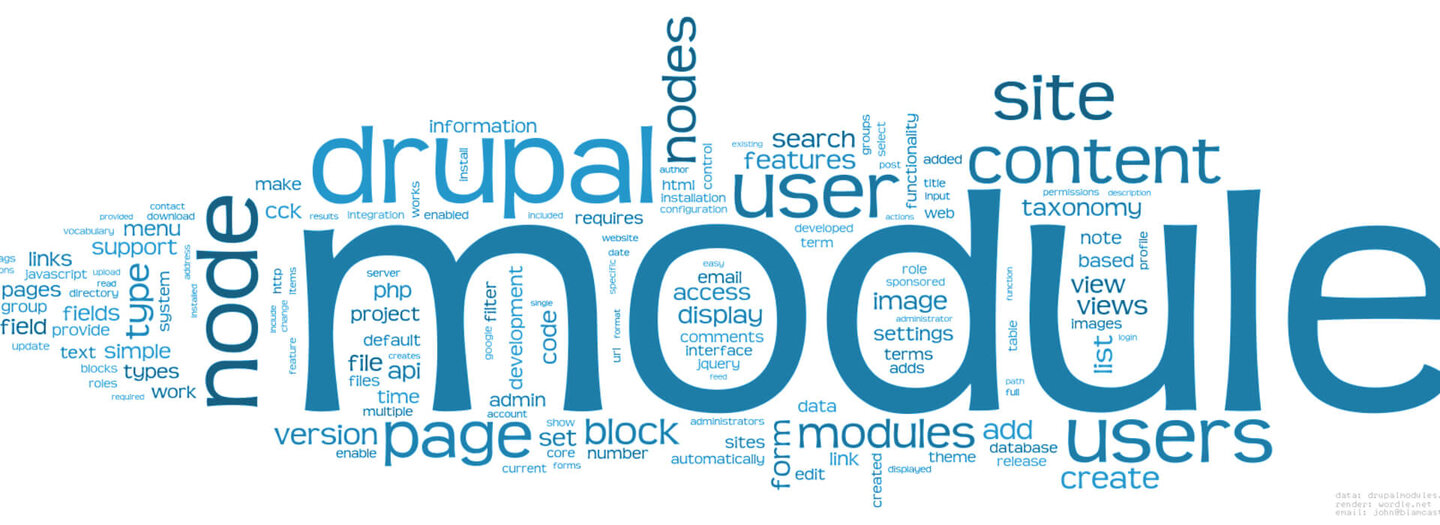The ABC's of Drupal: Component, Composer, Console
When we said we'd introduce you to the ABC's of Drupal we didn't just mean the easy stuff. Here are three C's that will help you understand the power behind Drupal 8.
Component: In Drupal 8 the word component is often used to identify one of the libraries managed by the Symfony project used by Drupal. Visit this link for a full list. https://ffwagency.com/blog/what-symfony-components-are-going-into-drupal-8 While Twig is often cited as a Symfony component, strictly speaking it is a PHP theming engine created by the same individuals who founded and maintain the Symfony project.
Composer: Composer is a dependency manager tool for PHP, Drupal’s core scripting language. If you are familiar with a package manager it is similar but not the same. Practically speaking Composer will help you download, install and manage specific code libraries and any additional code libraries they in turn may be dependent on for a given project. It’s important to understand that Composer is project centric - it defaults to managing code and dependencies within projects (like websites) rather than globally across projects. Composer’s use in the Drupal space is growing with the adoption of Drupal 8 and has begun to be used as an alternative to .make files which have been used to help manage Drupal installs and distributions.
Console: Console is a component of the Symfony project. Most often when a Drupal developer refers to using Console they are talking about using Drupal Console, a suite of tools run from a command line interface (CLI) to generate boilerplate code and interact with a Drupal 8 installation. In 2014 FFW hired Drupal Console’s lead project developer Jesus Olivas to develop the project and contribute the tool back to the Drupal community to strengthen Drupal 8 adoption. Drupal Console is used as a learning tool, module and theming scaffolding, debugger and configuration tool for Drupal 8. For more information on Drupal console visit https://ffwagency.com/blog/drupal-console-an-overview-of-new-drupal-cli
